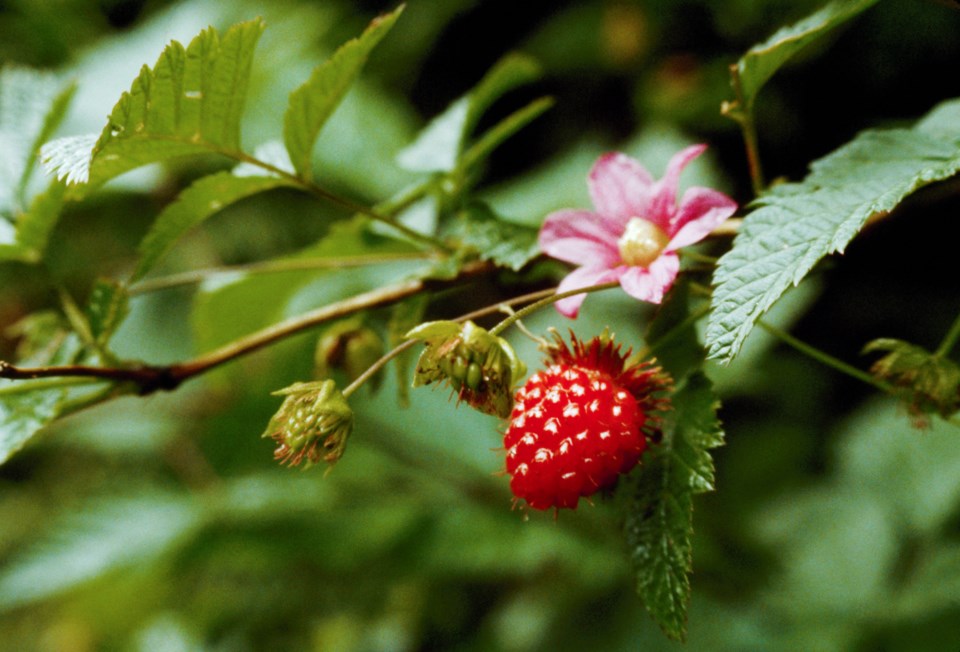This letter was sent to several provincial ministers, federal members of parliament and BC Timber Sales officials, and shared with Pique and other media outlets.
On behalf of my family and community I am writing to express our concern about the proposed Pest Management Plan (PMP) on, Stó:lō, St’át’imc, Nlaka’pamux, Squamish, and Tsleil-Waututh territories by BC Timber Sales. The proposal outlines a plan involving the aerial and ground-spraying of chemicals, including glyphosate, triclopyr and Formula 40 to kill native plant species in forest areas from Squamish to Hope, including areas near Chilliwack, Mission, and Agassiz. We are deeply concerned about the lack of time to provide public input, especially given the potential impacts of pesticides and the lengthy proposed duration of five years.
We ask that you extend the deadline for at least another 60 days beyond the current deadline of March 27, 2022.
We also ask that you issue a new statement advertising the opportunity for members of the public to provide feedback and post it widely across multiple platforms, including online platforms. The initial posting, which we saw only in the Hope Standard, provided just 30 days for public comment and was not widely advertised. Many members of our communities rely on impacted lands for foods and medicines, however, none of the people we have spoken with were aware of the public comment period or any details of the proposed pest management plan.
The continued use of chemical herbicides, including glyphosate—which has been linked to cancer and is named in ongoing lawsuits—is a matter of enormous public importance. We have concerns about the aerial and ground application of these chemicals to vital native plant species, as well as concerns about potential contamination of waterways. Glyphosate, triclopyr, and Formula 40 can all have serious consequences on aquatic life. The status of sockeye salmon is of great importance to Indigenous people and we cannot risk contamination of local waterways, especially seeing as this year is expected to be a major spawning event.
Given the complexity and potential severity of these issues, 30 days is simply not enough time for members of our communities to be adequately engaged and provide feedback. Berry pickers, medicine harvesters, and others who rely on these lands and forests for food and cultural purposes must have sufficient time to be consulted.
The broad-leaf plant species that BC Timber Sales proposes to target with glyphosate, triclopyr, and Formula 40 include salmonberry, huckleberry, thimbleberry, elderberry, salal, red raspberry, blueberry, mushrooms, Indian Hellebore, Devil’s club, and fireweed. These are all culturally significant plants and medicines that local Indigenous peoples have harvested and relied upon for thousands of years. Targeting these native plants will have serious negative impacts on local Indigenous peoples, local wildlife, and wild salmon.
Your government has pledged to undertake a paradigm shift in forest management in British Columbia, to prioritize community values and ensure the full involvement of Indigenous Nations and peoples. We are calling on you to honour your commitments.
We look forward to your timely response.




